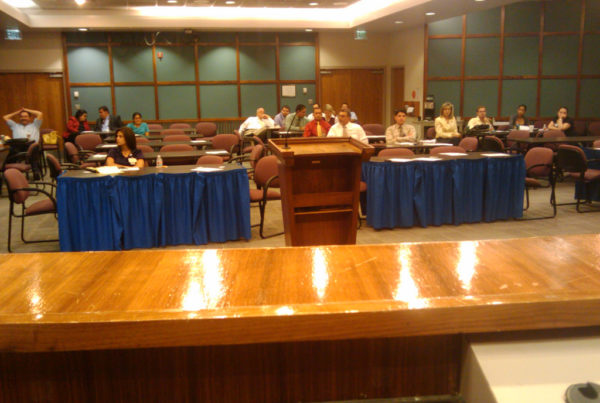You know you’re supposed to check your mirrors every five to eight seconds, ideally. But once a cruiser is in the rear view, things can be stressful.
You hope they’ll be more than just civil, you hope they’ll be understanding. That’s all Jennifer Allen, founder of Aspergers 101, was asking for. For years, Allen and parents like her have been asking the Department of Public Safety (DPS) to take into account what could happen if troopers were to pull over a Texan like her son Samuel.
After a lot of talking with Allen and other parents, DPS is changing its policies. Allen says her son has Asperger’s Syndrome, a form of high-functioning autism.
“His brain fires differently so how that affects him and others like him is that you do not see any markers on the outside,” she says. “There’s no way to tell physically that these people are wired differently. However they do not have any conception, or very little, of social cues.”
They keep talking about whatever’s on their mind, even if the listener is showing body language that indicates they’re uninterested in the conversation. People with Asperger’s might also have an unusual gait or seem clumsy and can be easily overwhelmed by sensory issues.
“It’s a challenge for driving for many of them,” she says, “because of multitasking skills and because of the fear of being pulled over by an officer of the law for miscommunication.”
What you’ll hear in this segment:
– The result of Allen’s work, including an indication on Texas driver licenses to show a person has a communication impediment
– Why the license distinction could be a “safety net” in a situation where an officer could misconstrue what the driver is saying
– How Texas became the first in the nation to do this kind of officer training
This post was prepared for the web by Hannah McBride.
















